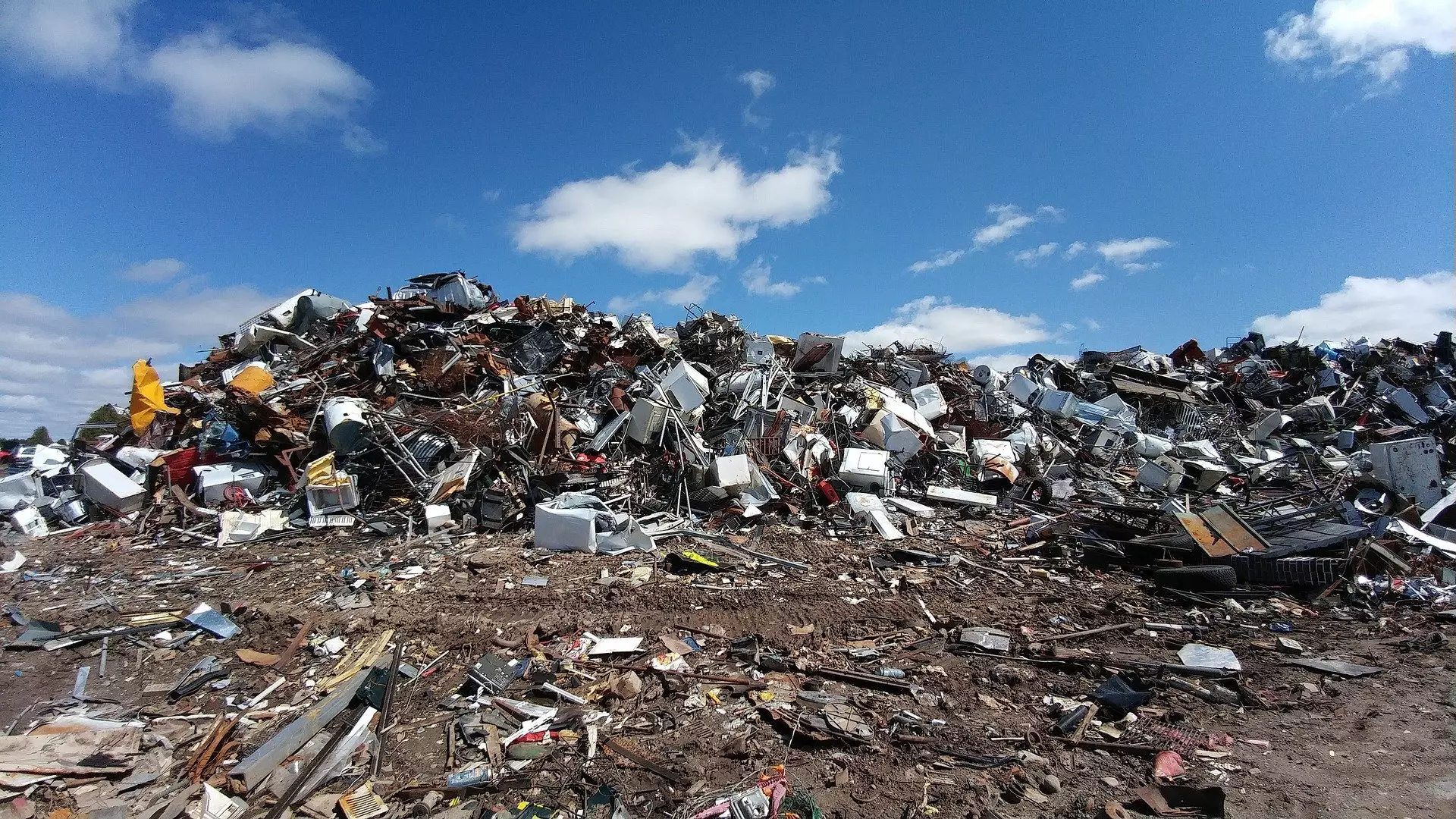

The world’s efforts to curb methane emissions seem to be falling short as new research indicates that global methane emissions have been increasing at an alarming rate. Despite over 150 nations committing to reduce methane emissions by 30% this decade, recent data shows that emissions have been rising faster than ever. This concerning trend, if not addressed promptly, could have severe consequences on our climate.
Methane is a powerful greenhouse gas that, despite its short-lived nature, has a significant impact on global warming. With the ability to heat the atmosphere nearly 90 times faster than carbon dioxide, methane poses a pressing challenge in limiting global warming in the near term. The sources of methane include natural sources like wetlands and human activities such as agriculture, fossil fuels, and landfills, all of which contribute to the rising levels of methane in the atmosphere.
Human activities are major contributors to the escalating methane emissions globally. The rise in emissions from sectors such as coal mining, oil and gas production, agriculture, and waste disposal is a cause for concern. While some regions like the European Union have managed to decrease methane emissions, others like China and southeast Asia have seen significant increases. The disproportionate contribution of methane from human activities compared to natural sources underscores the need for urgent action to mitigate these emissions.
The COVID-19 pandemic brought about temporary reductions in nitrogen oxides (NOx) emissions due to lockdown measures, which in turn led to a decline in the accumulation of methane in the atmosphere. However, the overall impact of the pandemic on the global methane budget is still being studied. The complex interplay between air quality and climate change highlights the need for comprehensive strategies to address methane emissions going forward.
The latest assessments of global methane sources and sinks by the Global Carbon Project have shed light on the need to reconsider the classification of methane emissions. Previously, all methane from wetlands, lakes, and rivers was categorized as natural, but the new findings highlight the growing influence of human activities on these sources. For instance, human-made reservoirs have been found to release significant amounts of methane, contributing to the overall emissions. This shift in perspective underscores the importance of factoring in human-induced methane sources in emission reduction strategies.
As we grapple with the mounting challenge of rising methane emissions, it is clear that a concerted and coordinated effort is needed to address this pressing issue. From reevaluating our approach to methane reduction targets to acknowledging the impact of human activities on methane sources, there is a crucial need for proactive measures to curb emissions and safeguard our climate for future generations. The time to act is now, before the mirage of achieving our emission goals fades away into a harsh reality of irreversible climate change.
When we delve into the cataclysmic events that led to the destruction of Pompeii almost…
The field of electronics has long been dominated by semiconductors, which utilize the movement of…
When you observe the mesmerizing swirl created by pouring cream into a cup of coffee,…
Recent groundbreaking research from Nagoya University has unearthed significant data regarding the Small Magellanic Cloud…
In recent years, the utilization of computed tomography (CT) scans in the United States has…
Recent studies have shed light on an intriguing aspect of our celestial companion, the Moon:…
This website uses cookies.